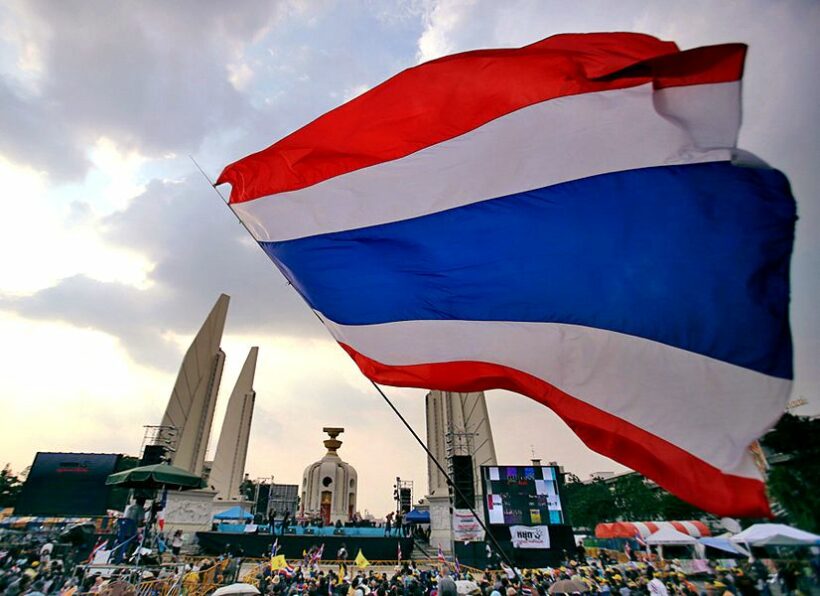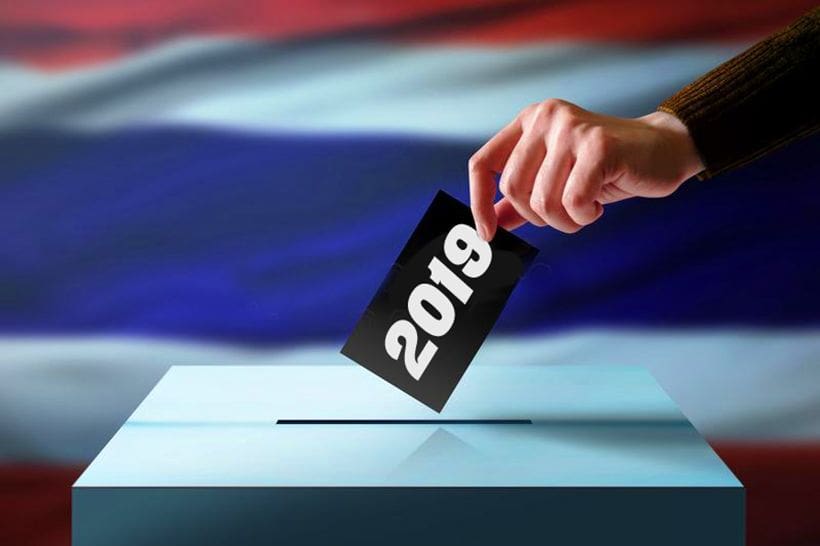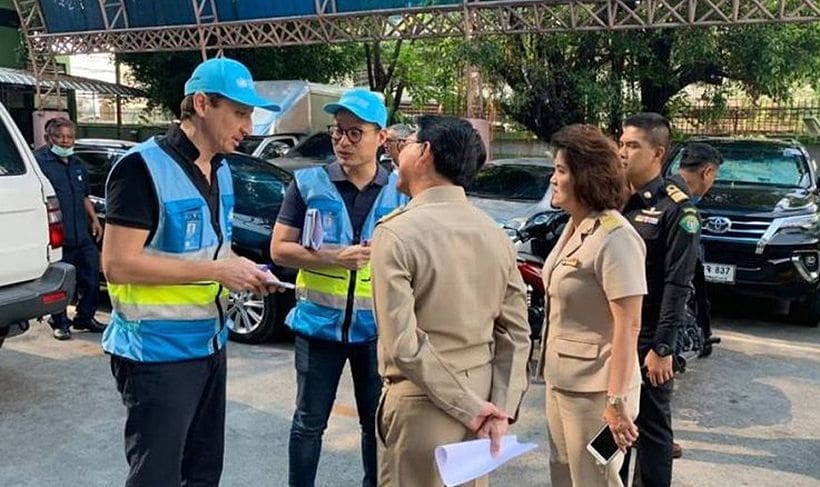The day that shook Thai politics

OPINION
It was just another Friday except that it was also the final day that political parties were able to nominate MPs for the March 24 elections. And their proposed candidates for the role of the a Prime Minister following the election.
PM Prayuth Chan-ocha would announce his candidacy sometime during the morning, the worst kept secret in Thai politics.
After engineering a new constitution in 2017, with an outward veneer of democracy, the General and the military minders were a shoe-in to regain control following the election. Except this time they would appear to have a mandate through an electoral process.
The country’s upper house of parliament, the National Assembly, would be nominated, entirely, by the Military. But there was plenty of residual negative feeling brewing, both from the factions loyal to former PM Thaksin, still lurking in exile, and a reaction to four years of military rule.
There were plenty of new political parties putting forward MPs vying for a seat in the lower house of the Thai parliament. They realised that they would have an uphill battle. But the sheer numbers of MP candidates, the largest ever in Thai history, was an impressive show of the country’s desire to return to a semblance of democracy, even if the military would continue to pull the strings.
The new charter throws a new electoral system into play. Untested and untried. It’s a modified proportional method of choosing the 500 members of the lower house of parliament in which people vote for one of 350 constituency candidates; those votes are totalled to determine which of the remaining 150 party list seats go to which party.
Under the previous system voters cast two ballots, one for the candidate and one for the party.
The barely disguised aim was to increase the seats held by medium-sized parties, but significantly reduce the seats held by the party of former PM Thaksin Shinawatra, which won every election held since 2001.
The Thaksin parties needed to pull a political rabbit out of the hat to maintain their margin – pluck a winning card out of the stacked deck.
First thing last Friday, the Thai Raksa Chart Party, actually dropped their political, and social bombshell. Although rumored in the days before the nomination deadline, they announced that Princess Ubolratana Rajakanya Sirivadhana Varnavadi, King Maha Vajiralongkorn’s elder sister, as its prime ministerial candidate.
Princess Ubolratana was a famous actress, singer and businesswoman. She had officially relinquished her royal titles in 1972, when she married an American and moved to the United States. At the time she was the eldest child of Rama 9, King Bhumibol Adulyadej, a female, so unable to assume the throne under the Thai royal succession guidelines.
But now she was the sister of the current Monarch. And, aghast, she was throwing her hat in the ring with the country’s pro-Thaksin forces.
What did all this mean? Was there some back-room collusion between the Thai monarch and the exiled fugitive former PM Thaksin? Was this some unforeseen coup d’état attempt against the country’s military? Had a deal being brokered between the Shinawatras and the Thai palace following decades of rivalry which had caused so much political turmoil?
Was THIS the move that would break the long-standing stalemate between the Red Shirt and Yellow Shirt factions?
The news of her candidacy sent academics scurrying for their history books. The media were in a frenzy. The current PM’s nomination as prime ministerial candidate almost went unnoticed.
The news would throw Prayuth’s ‘cunning plan’ to put a democratic varnish on his leadership into turmoil.
This was a first. The first time in Thai history that a member of the royal family ran for elected office. Was it legal? Could she do it? Had she spoken to HM The King before agreeing to the invitation from the Thai Raksa Chart party?
If it had gone ahead, Ubolratana’s candidacy would probably have been a walk in the park, all the way to the keys of the PM office in Government House.
Who would run against her, or make statements against a candidate who cannot be legally criticised? Although she had relinquished her Royal title ‘HRH’, she was still very much a part of the ‘Family’.
For Thais, they would be divided between making a political vote or displaying their loyalty to the country’s monarchy – an institution with potent emotional power in the South East Asian nation.
But a mere 13 hours after Princess Ubolratana had been announced as a prime ministerial candidate, her brother HM King Vajiralongkorn issued a strongly worded statement which took the winning card out of the deck.
“Despite the fact that Princess Ubolratana relinquished her titles, in compliance with the Palace Laws, she has been maintaining her status as a member of the Chakri royal family.”
“Any attempt to involve high-ranking members of the royal family in the political process, by whatever means, would be a breach of time-honoured royal traditions, customs and national culture.”
“Such actions must be deemed a transgression and a highly inappropriate act.”
The Princess’ 13 hour political career was over.
The statement from His Majesty, and the Princess’ Instagram response the following day, were both ambiguous enough to allow the Election Commission to make a final decision about her candidacy, although to allow her continuation in the political race, in defiance with The King, would have thrown the country into a constitutional crisis in the weeks leading up to the general election.
But the drama wasn’t entirely over with rumors of a coup underway from another military faction just four days after the events of the tumultuous Friday. The NCPO’s public relations machine, along with the Deputy PM Prawit Wongsuwan, were rolled out to firmly deny the rumors and promised to track down the source of the fake news and punish anyone who shared the news on social media.
Everything was back to normal, although ‘normal’ is never a word that can be used to describe the political situation in Thailand or the complex social links between the Family, the Privy Council, business people and the Army.
The election campaign is forging ahead as planned but March 24 is still a long way off and, really, anything could happen. The NCPO’s 2014 aim to ‘bring the happiness back to Thailand’ will be sorely tested in the next few weeks.
Latest Thailand News
Follow The Thaiger on Google News:


























